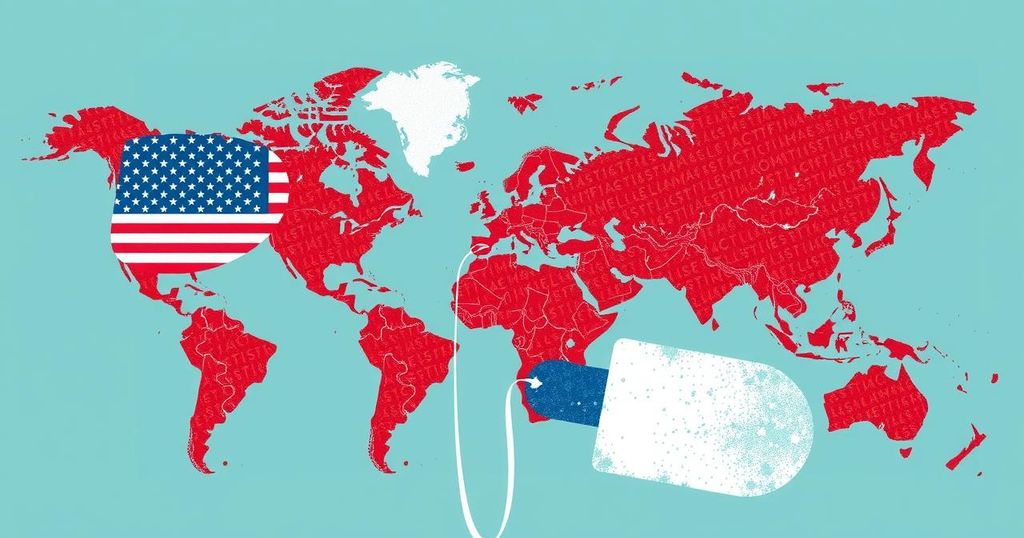The Impact of Misinformation and Foreign Influence on Global Elections in 2024

In 2024, over 3.7 billion people in more than 70 countries participated in elections amid considerable concerns about misinformation and foreign interference. Initial reports suggested these threats were limited; however, significant incidents emerged, such as the annulment of Romania’s presidential vote due to foreign interference. Notably, the use of generative AI in political campaigns also raised red flags regarding election integrity across various nations.
In the year 2024, global electoral participation surged, with approximately 3.7 billion individuals eligible to vote across over 70 nations. This historic ‘super year’ involved pivotal elections in demographic powerhouses such as the United States, India, and Indonesia, in addition to authoritarian regimes like Belarus, Iran, and Russia. Despite the heightened presence of misinformation, generative artificial intelligence (AI), and foreign interference in these electoral processes, assessments indicated that the impact was relatively contained for many elections. For instance, Meta’s analysis suggested concerns regarding generative AI during elections did not materialize significantly. Concurrent studies by the UK-based Centre for Emerging Technology and Security reported that the European, French, and UK electoral processes experienced no substantial influence from foreign-backed misinformation. However, later developments in Romania revealed that misinformation campaigns could still undermine election integrity, inciting judicial intervention that annulled the presidential election’s first-round results based on foreign interference allegations. This situation indicates a complex, evolving definition of the influence of misinformation on elections in democratic societies worldwide.
The phenomenon of misinformation and foreign influence has increasingly emerged as a critical challenge during global elections. With democracies worldwide mobilizing to address these threats, the 2024 elections highlighted the extent to which deceptive information disseminated via digital platforms can skew electoral outcomes. Despite initial assurances from various platforms and stakeholders that these risks were managed effectively, subsequent events—such as in Romania—exposed vulnerabilities, underscoring the need for ongoing vigilance against information manipulation tactics, especially as technologies like AI continue to evolve.
In conclusion, the year 2024 marked a transformative period for global electoral participation amidst rising concerns over misinformation and external influence. While the majority of elections appeared to have operated without significant disruptions, pronounced cases, such as those in Romania and Pakistan, illustrated the real and persistent threats posed by disinformation campaigns. As democracy continues to evolve in a digital landscape, the implications of misinformation for electoral integrity will remain a pressing concern.
Original Source: www.euronews.com








